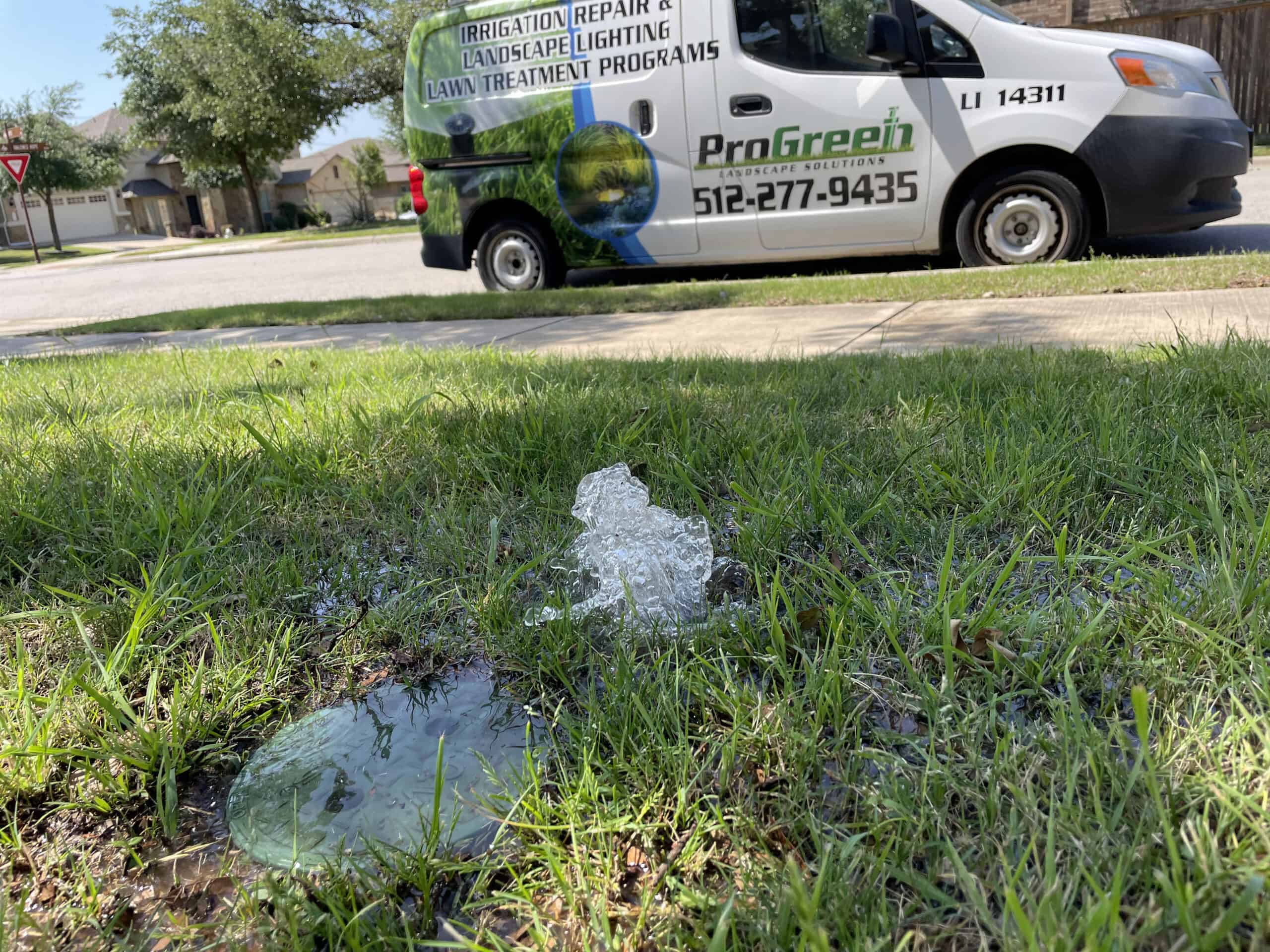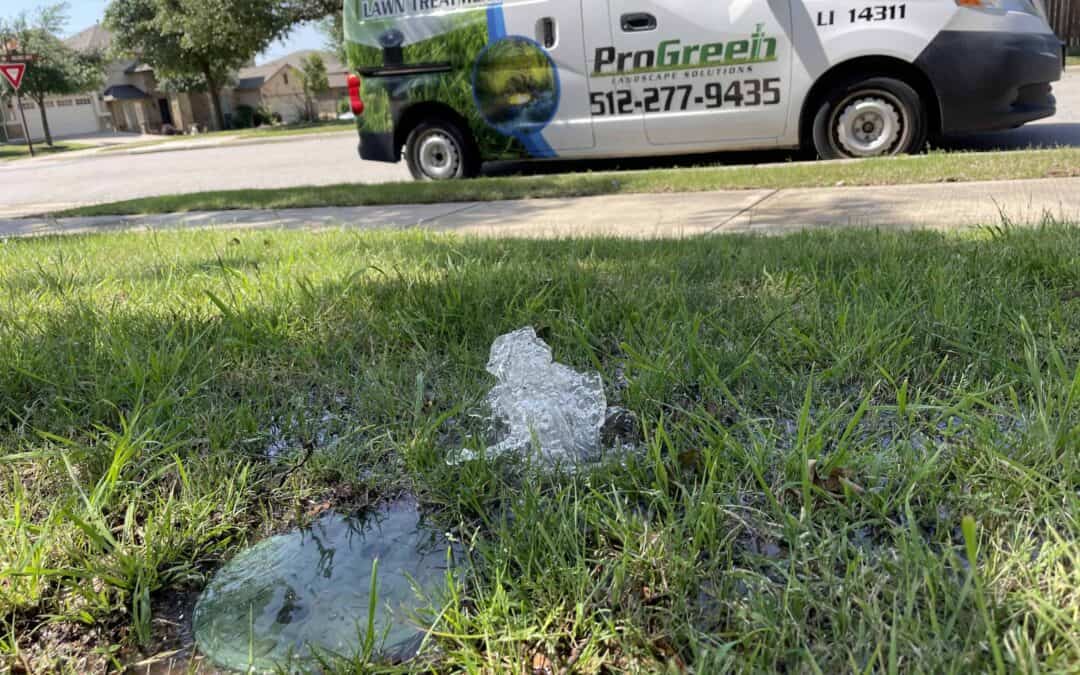Maintaining a lush lawn requires proper watering, but avoiding wasteful practices is equally important to the environment. Rain sensors have emerged as a helpful tool for an eco-friendly and efficient sprinkler system option in recent years. If you are looking for new options or an upgrade to your irrigation or sprinkler system, this blog will explore when to get rain sensors, how they work, and their benefits to your sprinkler system.
How Rain Sensors Work During Summer
Maintaining a lush lawn in summer can become challenging due to increased evaporation and higher temperatures. However, rain sensors can revolutionize your sprinkler system's performance during this time. When the sensors detect rain or enough moisture, they communicate with your sprinkler controller to temporarily pause watering. This ensures that your lawn receives adequate hydration while avoiding overwatering. By preventing unnecessary watering sessions during rainy spells, rain sensors not only save water but also promote the overall health of your lawn.
Benefits of Sprinkler System Efficiency
An effective sprinkler system will allow the water to go where it needs to avoid flooding, overwatering, and wasting large amounts of water annually. A properly functioning sprinkler system has many advantages, including lawn prevention; proper watering protects your lawn from disease and discoloration and improves soil health. The most efficient irrigation systems will save you extra money while catering to the health of your landscape.Conservation of Water
One of the most significant benefits of rain sensors is their ability to conserve water by tracking water cycles after rainfall. These sensors automatically adjust watering schedules based on weather conditions to prevent wasteful irrigation during rainy periods, which can especially be helpful throughout the year. This saves gallons of water per square foot and reduces high water bills, which is a strong financial selling point for homeowners. Conserving water is not only a responsible choice but also a sustainable one, and with new methods in conserving water this 2023, it can be difficult keeping up with a schedule. By reducing water waste, rain sensors contribute to the preservation of your landscape. When combined with other eco-friendly practices, such as using native plants and adding compost or mulch with proper soil management, rain sensors can help create a greener lawn.Cost Savings
Efficient sprinkler systems significantly reduce your water bills. If your water or energy bill has shot up in the last month or so, this could be due to leakage or pooling from an insufficient irrigation system. With rain sensors installed, you'll see a noticeable decrease in water consumption due to the prevention of unnecessary watering. Overwatering your lawn, even if not on purpose, is a sure way to damage it, leading to future issues and costs to regrow parts of the space.

